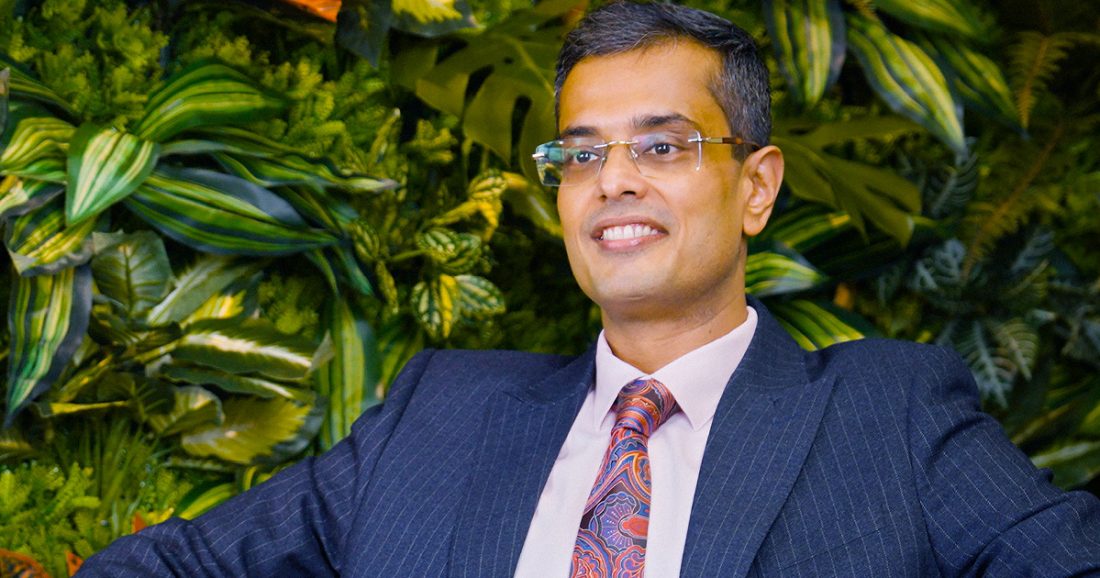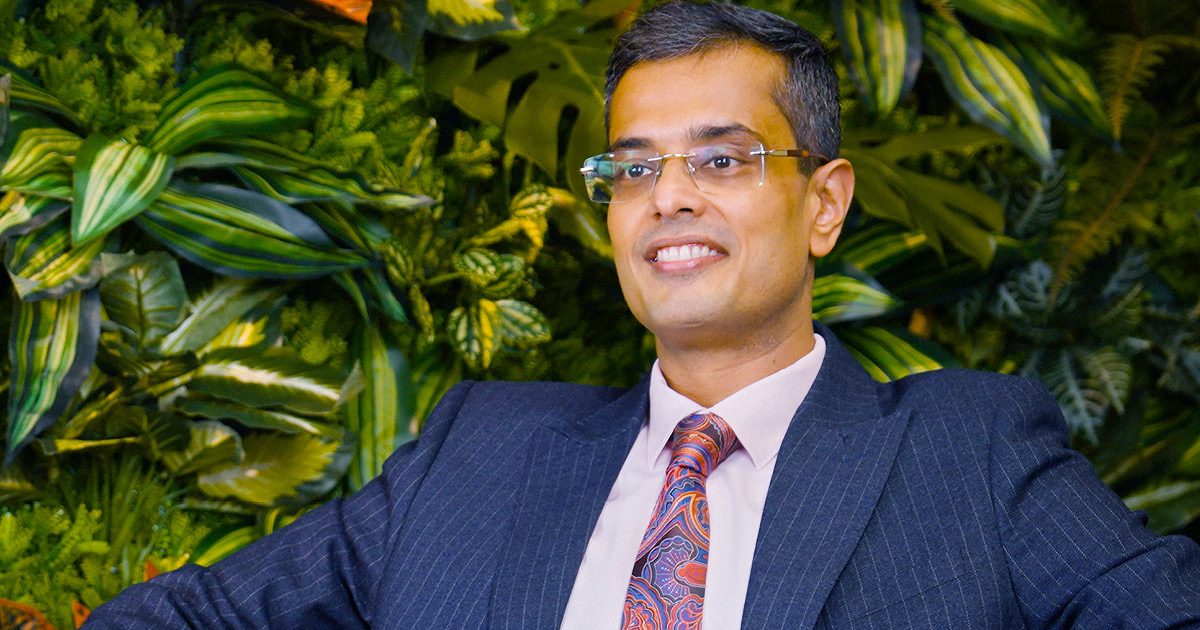In a world increasingly focused on sustainability, certain industries face growing scrutiny about their impact on the planet. It’s no longer enough to focus on the traditional ways of doing business – to succeed, they must redefine what it means to lead.
The palm oil industry is a case in point. With palm oil’s environmental impact of grave concern, sustainable sourcing and production practices are crucial to minimize its toll on the planet. It’s a challenge Malaysia-based palm oil exporter Pacific Inter-Link Group (PIL) is tackling head on.
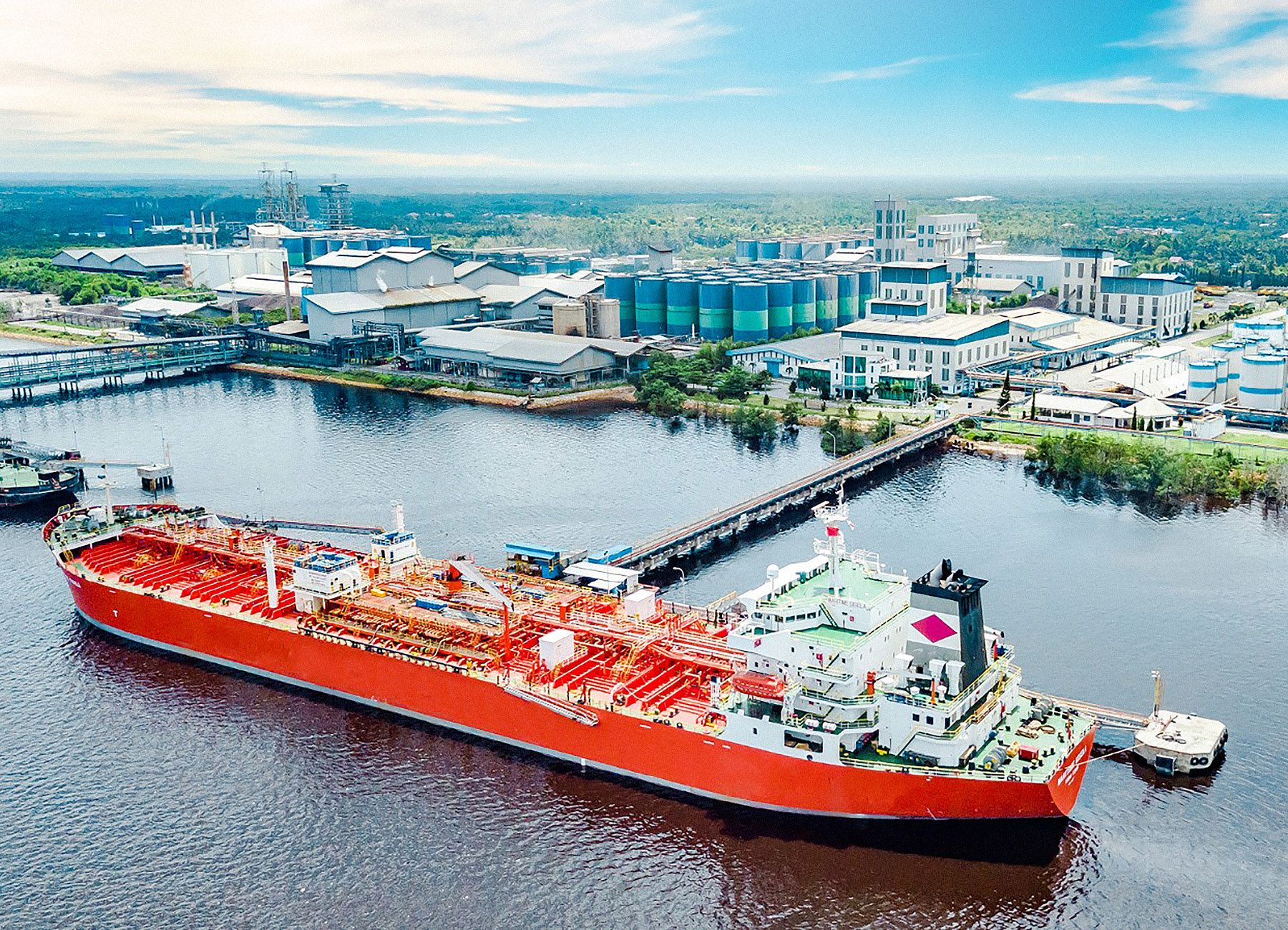
“We are very agile, we are nimble – our vessels can actually change route with an hour’s notice.”
Since The CEO Magazine last spoke to its COO Sriram Sriram Iyer in 2022, the company has made immense strides with its sustainability strategy. ESG now sits at the heart of its overall business plan.
“The world is filled with challenges, but challenges will always remain. It’s more important how we manage them and find opportunities there,” Iyer reflects.
ESG Milestones
PIL has embedded ESG standards across all operations, taking proactive steps to meet the European Union’s Deforestation Regulation, which will take effect in 2026.
“It’s a very stringent regulation that has guidelines on products, especially agriproducts,” Iyer says. “If you supply to the European Union, you have to comply. Even if we don’t supply to the European Union, it is best practice that we can start rolling out, and so we are ready to start operations in Europe.”
PIL has also brought about a significant improvement in its performance in the Sustainable Palm Oil Traceability Template assessment, developed by the Zoological Society of London’s business and biodiversity program. From a ranking of 93rd in 2020, the company leapt to an impressive 22nd place by 2023, a testament to the hard work and commitment of its team.
“We were the only entity with such a significant score improvement,” Iyer notes.
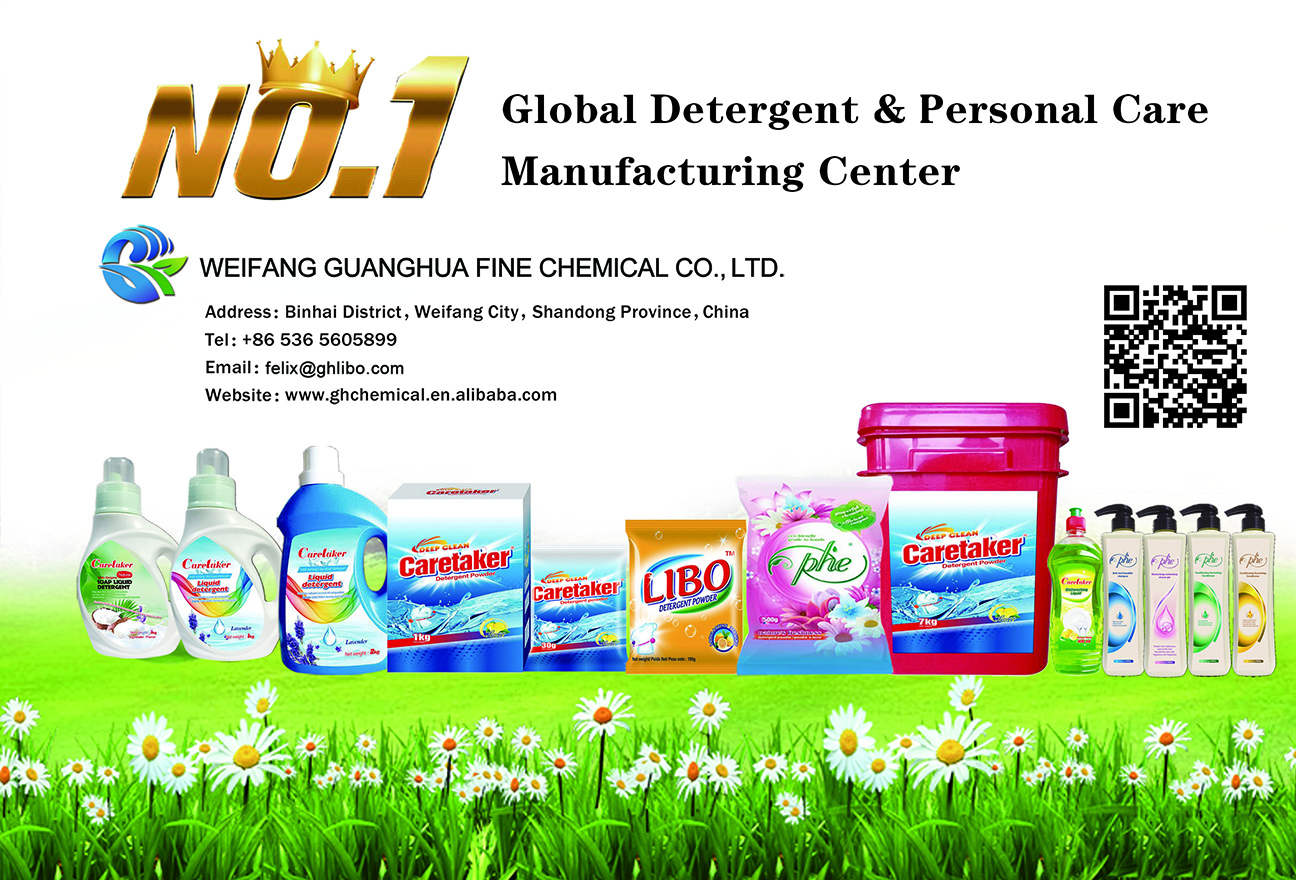
Advertisement
The company’s traceability efforts – with 100 percent traceability to mills and 65 percent to plantations – are leading the way in a sector where transparency is vital and often lacking. In 2024, PIL became a signatory to the United Nations Global Compact, committing to the ambitious, ‘No Deforestation, No Peat, No Exploitation’ policy.
Even though the company does not operate or own plantations, it has made traceability to plantations a key goal, with aspirations to reach 100 percent traceability in the coming years. The company’s focus on sustainability doesn’t end with traceability and compliance – it’s now exploring green financing opportunities, aligning its financial goals with its environmental and social objectives.
Going further
Now, armed with this bold vision, Iyer is enacting a broader transformation of PIL Group – not just in terms of its palm oil business, but also around its approach to its other key areas of operation: specialty fats and fast-moving consumer goods.
“We have a clear laid out strategy for the other two verticals because we want to grow the bulk business, but if you see the other two verticals, they have the highest potential in terms of top line and bottom line growth,” Iyer says.
No longer content with the traditional commodity model, the company has embraced a new path.
“What we plan to do in future is really run our commodity business as a branded business,” he expands.
“That has been kind of the mantra that we have been working on and we have achieved a lot of success there.”

“Our promoters are very hands-on, they are definitely the touchpoints and that gives us a significant edge on other corporates.”
This shift is about more than just products – it’s about building trust, loyalty and a lasting connection with customers. By prioritizing timeliness of the supply chain and ensuring that there are no supply chain disruptions thanks to its implementation of field reserves, the company has created a rock-solid foundation of reliability that customers can count on, even in today’s challenging times.
“Our promoters are very hands-on, they are definitely the touchpoints and that gives us a significant edge on other corporates,” Iyer says.
“That gives our customers additional assurance that the businesses will be serviced on time and that there is someone at the top who has active skin in the game will be listening to them if there are challenges, issues, constraints.”
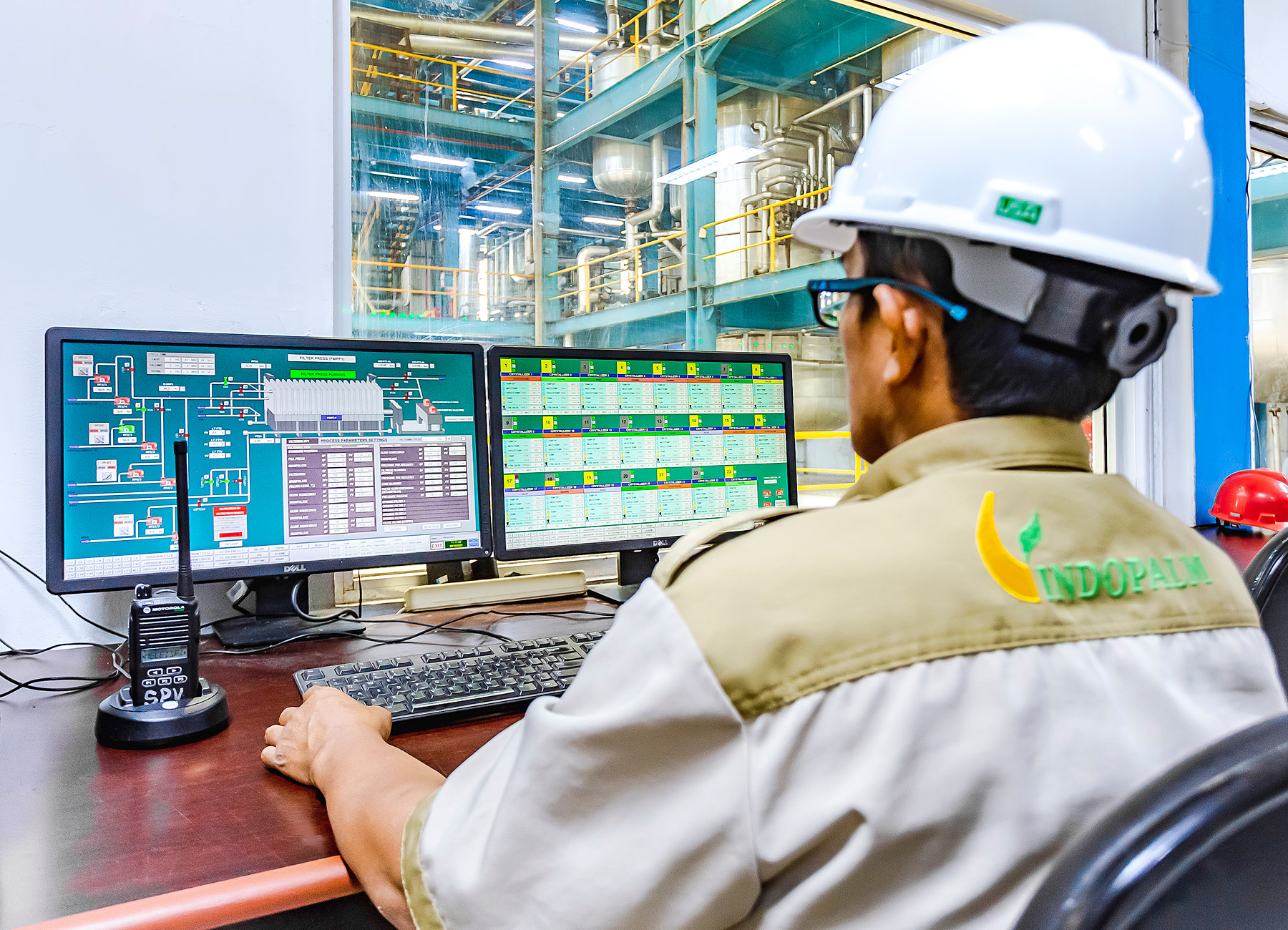
“We go to difficult markets. While our competitors are a little risk-averse, we are risk-takers.”
This level of engagement not only reassures existing customers but also allows the company to expand into adjacent product lines and broaden its reach.
“We have a very entrepreneurial culture and that has helped us to thrive,” Iyer says. “We go to difficult markets. While our competitors are a little risk-averse, we are risk-takers. But, of course, we take calculated risk.”
PIL Group’s agility in the face of larger, more cumbersome competitors, whom he fondly describes as “frenemies”, is key.
“We are very agile, we are nimble – our vessels can actually change route with an hour’s notice,” he notes.
“We also make sure that we have the right set of buyers. We pick and choose our buyers because even in a risky market, if you have the right set of buyers, you can do wonders.”

